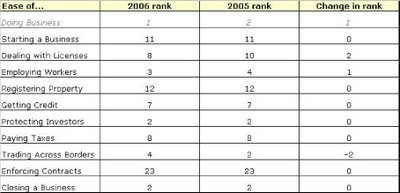Suppose that you are currently job hunting. Being a kind chap, your friend offers to give you his sock monkey business. He tells you that each month the business earns $3,000 in sales and costs $3,000 in wages for one worker. Suspicious, you ask your friend, “Why would I want to have a business that earns no profits?” Your friend says, “Look, you can dismiss the worker and make the sock monkeys yourself. Then, your profits will be $3,000 because you won’t have to pay any wages.”
Do you take the offer? If you do, you will earn $3,000 in what is called accounting profit. Your friend thinks that he’s helping you out. But your friend, by using accounting profit as a guide, is ignoring any salary you could earn working for someone else. Economic profit, on the other hand,
does factor in the foregone salary as a cost. (The foregone salary is an example of
opportunity cost, a fundamental concept in economics.) Suppose you could earn a salary of $4,000. Because the economic profit, $3,000 - $4,000 = -$1,000, is less than 0, you shouldn’t make sock monkeys. You should work for someone else.
Your friend may have your best interests at heart but you shouldn’t trust his financial advice. Would you heed financial advice from a newspaper that makes the same mistake?
Have cash to spare? Invest in a coffeeshop
The Straits Times
By Fiona Chan Sep 10, 2006
IF YOU are among the lucky ones to have made a small fortune selling your home in a collective sale, you may be wondering what to do with your newfound wealth.
Instead of taking the conventional route and reinvesting the money in another new residential property or two, you may do well to consider the unusual alternative of putting your money in a coffeeshop instead…
Homes generally fetch rental yields of 3 per cent to 4 per cent, but some coffeeshops can boast yields of as much as 14 per cent…
Many coffeeshop owners also manage the drink stalls themselves, thus adding to their income as these stalls usually have the highest profit margins. (my emphasis)
Maybe we shouldn’t be too hard on journalists (on second thought, they deserve it). Although the above example is straightforward,
economists sometimes disagree on the proper application of opportunity cost.







